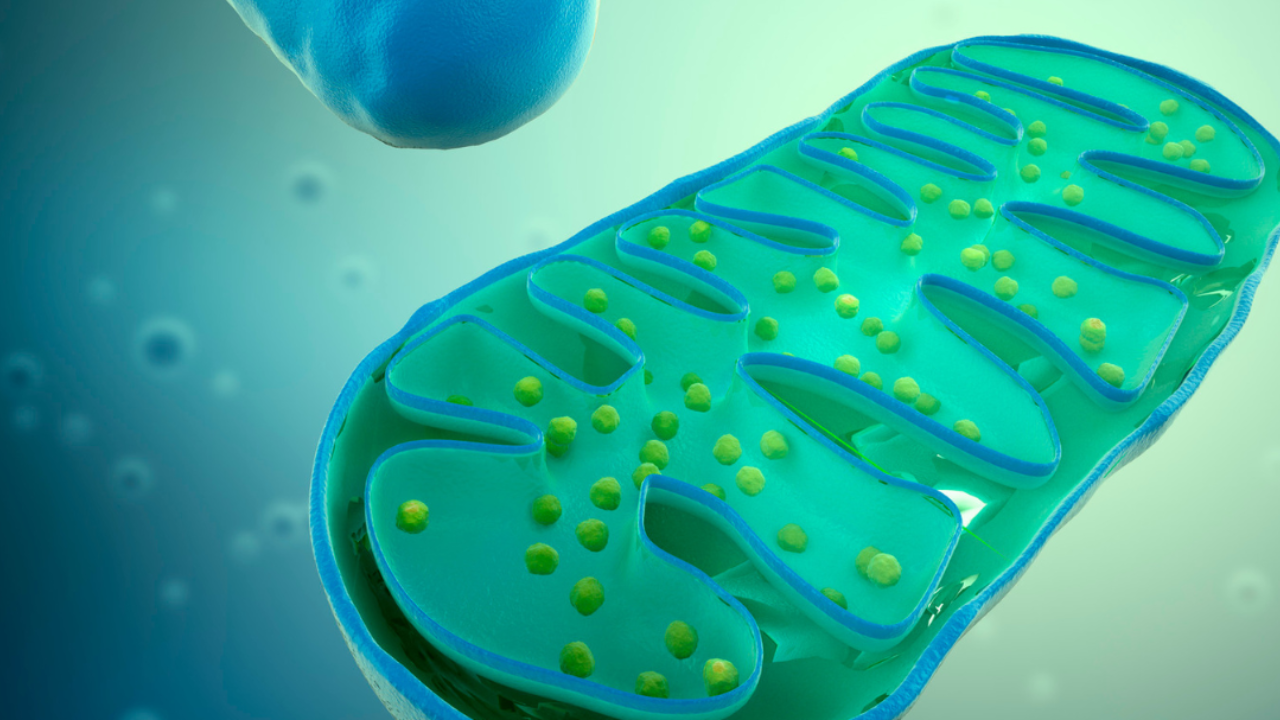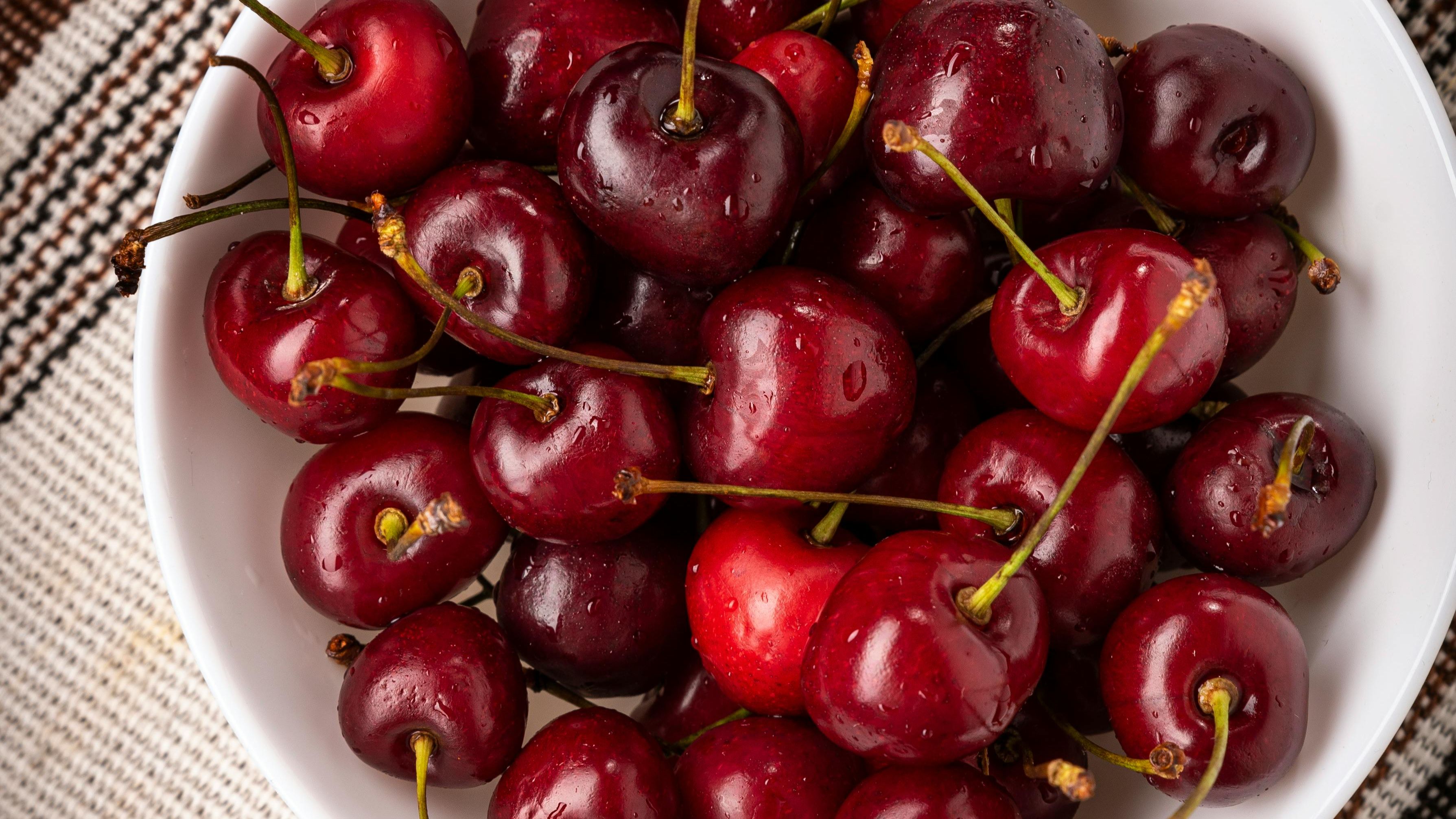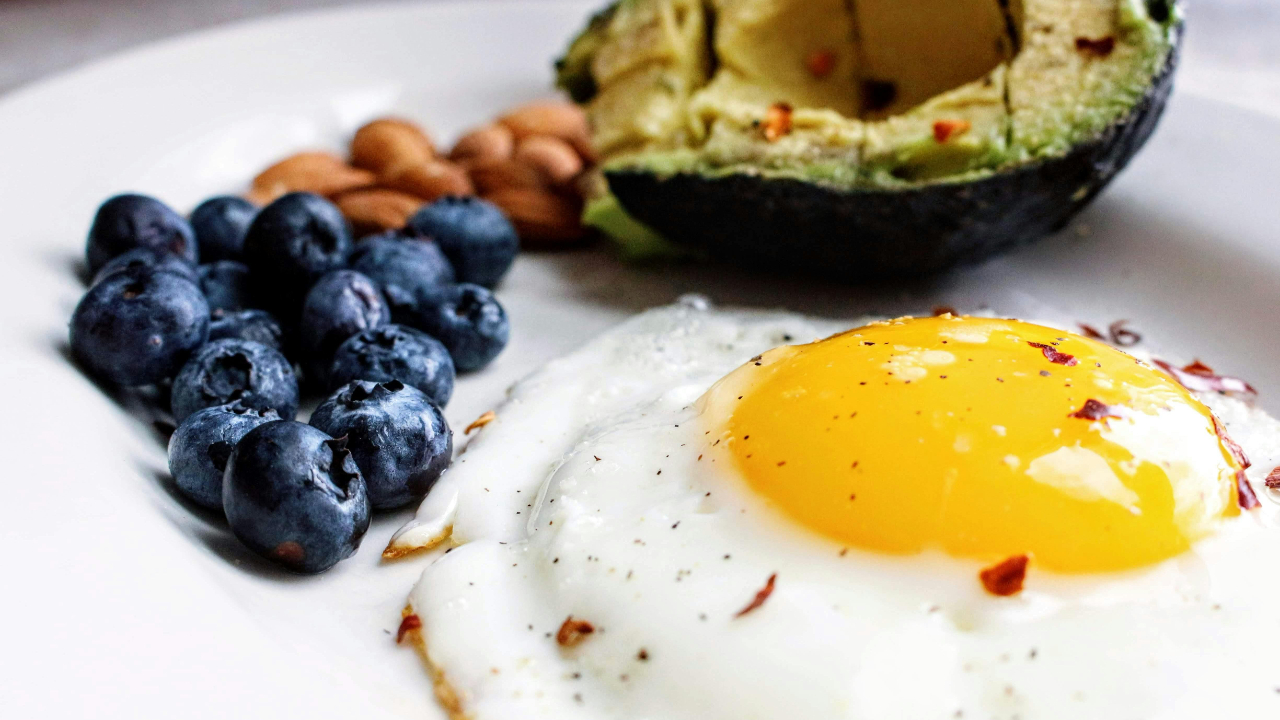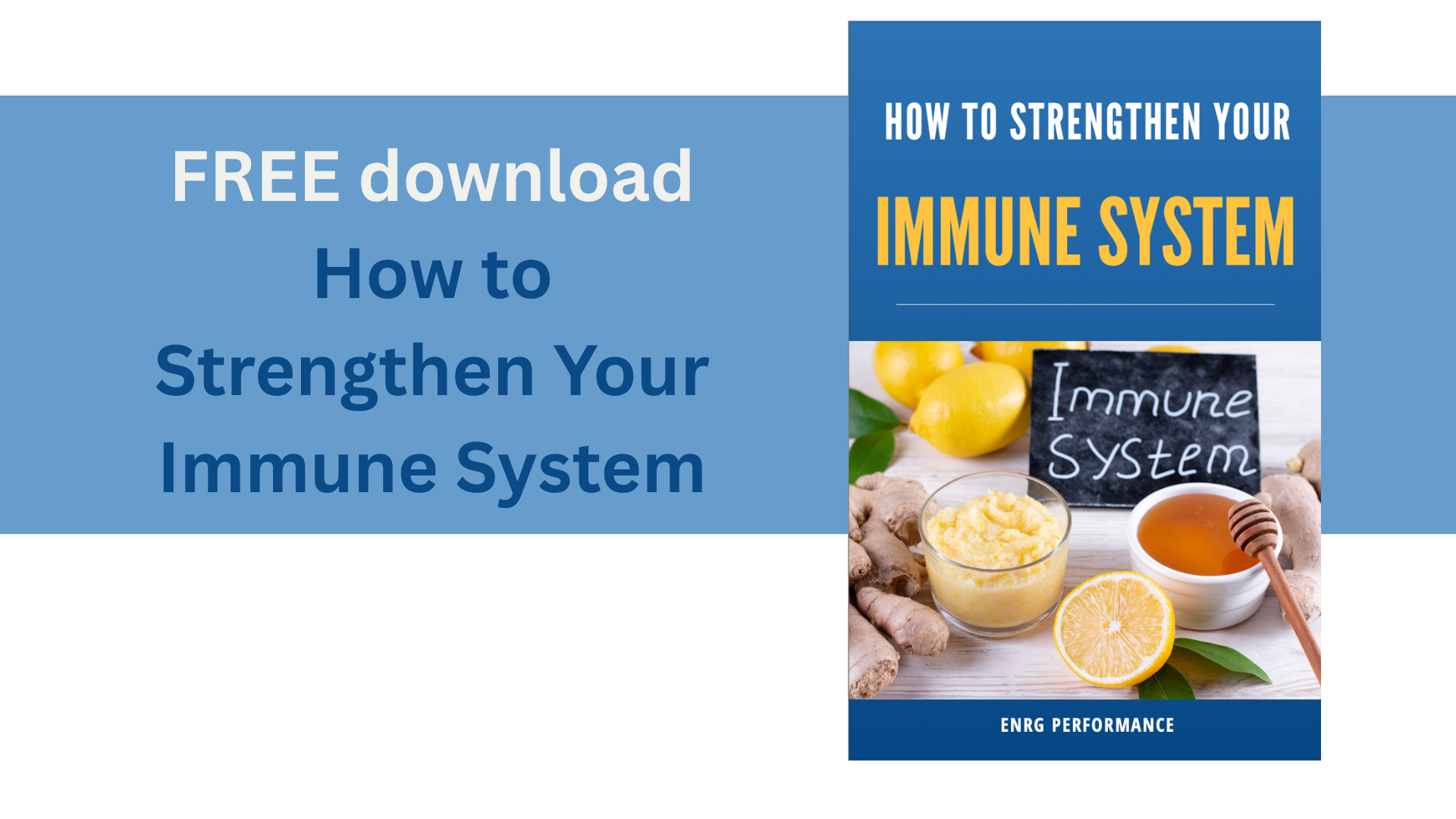Got Gut Issues? This Could Your Problem
Nov 18, 2024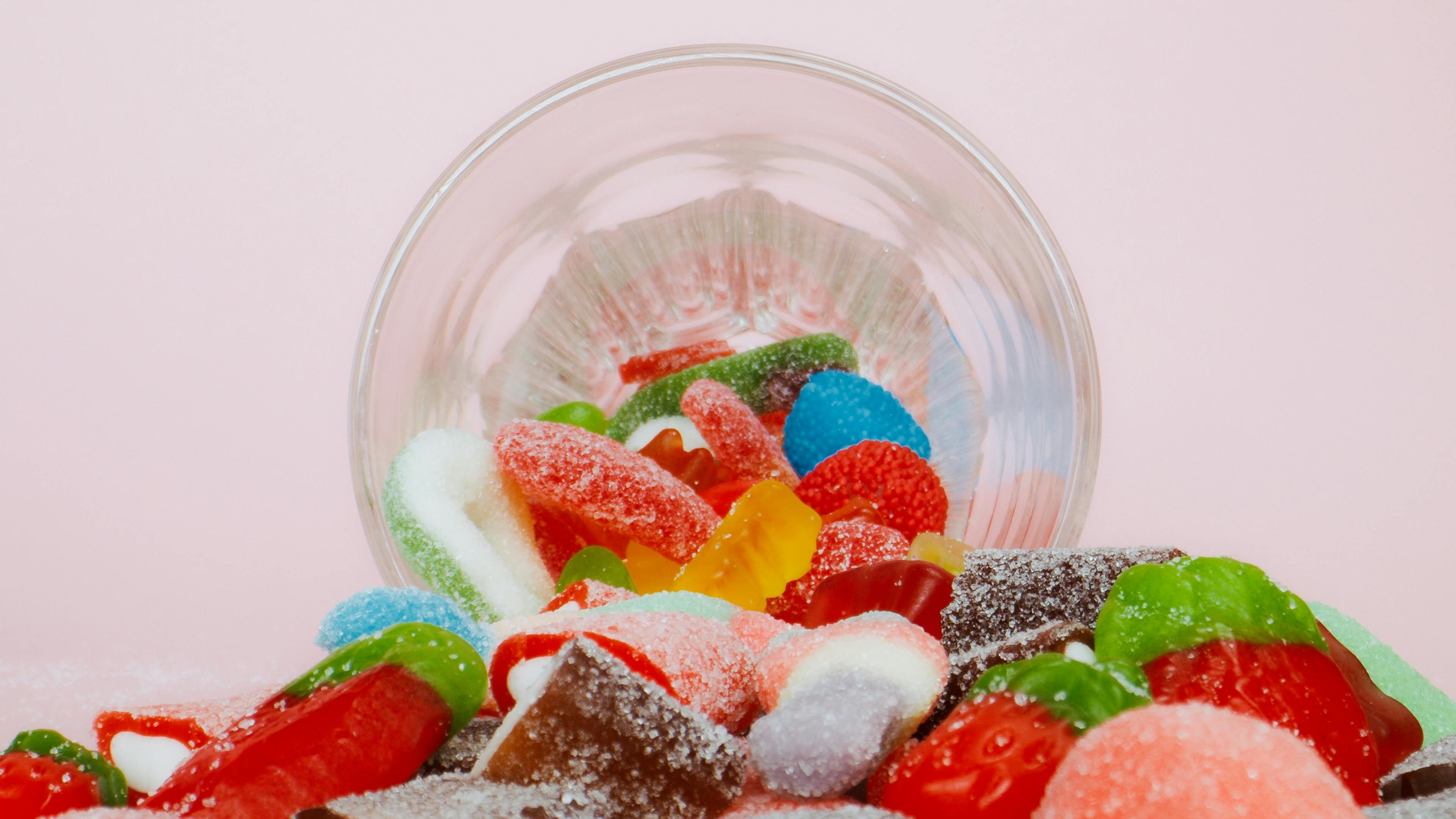
As consumers, looking at the nutrition facts label of the food products we eat is important but where you want to spend more of your time when “analyzing” a product is at the ingredients list. Nowadays, we have to be particularly aware of artificial colorings, dyes, chemicals, additives and preservatives. One ingredient in particular may be the main culprit for digestive woes such as bloating, cramping, gas and diarrhea.
Sugar alcohols are a type of low-calorie sweetener often used in sugar-free or low-sugar foods. They are commonly found in products like gum, candy, baked goods and "diet-friendly" foods.
Chemically, they’re part of a group called polyols, which are carbohydrates but have a structure that allows them to be only partially absorbed by the body. This partial absorption leads to fewer calories compared to regular sugar. Unlike artificial sweeteners, sugar alcohols occur naturally in some fruits and vegetables, although they are often manufactured in labs for commercial use.
Some of the most common sugar alcohols include:
- Xylitol – found in many sugar-free gums and candies, xylitol is about as sweet as sugar but with fewer calories.
- Erythritol – known for its low-calorie content and less intense sweetness, erythritol is popular in keto and low-carb products.
- Sorbitol – often used in sugar-free candies and snacks, sorbitol has about 60% of the sweetness of sugar.
- Mannitol – used in foods like powdered dietetic products and candies.
- Maltitol – common in chocolates and candies, maltitol provides about 90% of sugar’s sweetness but with fewer calories.
If you do not have any gut issues, then using sugar alcohols may (and I stress may) be fine to use. In fact, there are a few potential benefits including:
- Low-calorie – they generally provide fewer calories than regular sugar.
- Low glycemic impact – sugar alcohols have a minimal effect on blood glucose levels.
- Dental health – unlike sugar, which promotes the growth of bacteria leading to tooth decay, certain sugar alcohols (like xylitol) actually inhibit bacteria.
Of course, if you have any inkling of gut problems, I would not recommend consuming anything with sugar alcohols as they could trigger or exacerbate your current digestive woes.
Sugar alcohols are not fully absorbed, which is why they can produce digestive woes. Some people can tolerate consuming small amounts of sugar alcohols while others will have serious digestive symptoms with even a small taste of a sugar alcohol.
If you are going to eat products with sugar alcohols, choosing erthyritol may be better as it is generally the best tolerated but others like sorbitol and mannitol trigger digestive symptoms more often.
PS - Want more nutrition education? Head over to the eNRG Performance YouTube channel to watch all of the great videos our sport dietitian team does!
PPS - Got a question you want answered from one of our awesome Sport Dietitians? Submit it HERE then visit our YouTube channel for our video responses.
SUBSCRIBE AND WE WILL DROP SOME HEALTHY INSPIRATION IN YOUR INBOX
We hate SPAM. We will never sell your information, for any reason.



